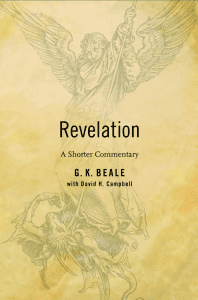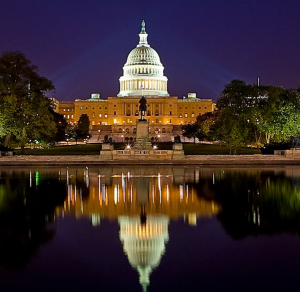 The one who controls the story controls the glory.
The one who controls the story controls the glory.
Take for instance the “story” that America’s national game, baseball, has a “world” series though it is only a game between the two leagues in America and it’s a good thing we don’t let the Cubans play. But that little word “world” tells a story, the story that America is superior when it comes to baseball. From DC all the way down the power chain to local governments those in power often want a particular story told about what is going on because the story matters. It does, more than we care to admit.
Rome had a story to tell and that story was the air the first Christians breathed and the water they drank and the grain they chewed. Counter stories arose, and Jews had their own counter story, but that story was constantly being colonized by the Roman official and public story. Hence, in reading Revelation we need to know Rome’s story because the Book of Revelation is not only written within the context of that story; it counters that story (to Romans a thoroughly laughable alternative). David DeSilva’s Unholy Allegiances: Heeding Revelation’s Warning sketches the Roman public story. Here are some of the key elements, and these elements can illuminate every page of the Book of Revelation.
First, the storyteller is Virgil in The Aeneid, a splendid account that picks up Homer’s The Odyssey and takes the glory from Athens to Rome (he who writes the story controls the glory). I once read Homer’s two books and Virgil’s one after the other just to see how this transfer occurred; it is very noticeable. In the 1st Century Rome/Italy was the center of the world’s map. (Which ought to give us some reasons to ponder how maps are made and what is central.) Rome was understood to be the gods-granted ruler of the nations (see Rev 17:18). Rome is the “eternal city.”
Second, Rome is the reason why the world is being blessed; those in line with Rome will be blessed. The Roman emperors — thinking back to Julius Caesar on to Caesar Augustus and then on to Vespasian for NT readers — were the source of the source of the blessings to the world. They brought peace and stability and blessing.
Third, temples and the imperial cult around the entire Roman empire tied the emperor to the Rome and to the gods to show that it was all tied together — the way our American politicians get religious around election time. The local cities of Asia Minor were not told to worship the emperor, they did so on their own to increase their status in the emperor’s eyes.
The fundamental idea then is that the gods gave the world Rome; they gave the world Rome as a blessing and those who are in line with Rome will experience the blessings of the gods. Rome was all mighty and any rebellion was death — Rome ties together imperial power and divine blessing. To question Rome was to question God.
Now think about Revelation’s powerful images of Babylon and you see that this book is an act of rebellion at some level against Roman imperial idolatry.
Rome tells one story; Revelation tells another story. To read Revelation aright means to learn the stories at work in each. More ought to begin reading Revelation by reading Virgil. (Homer is Rome’s Old Testament and Virgil is Rome’s New Testament.)











